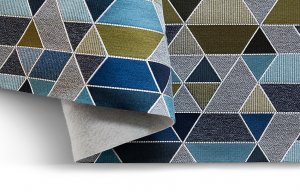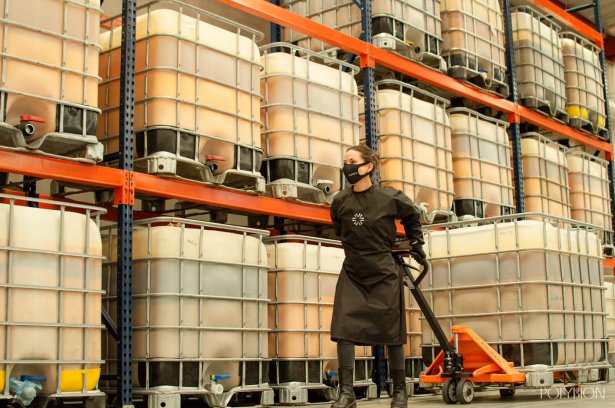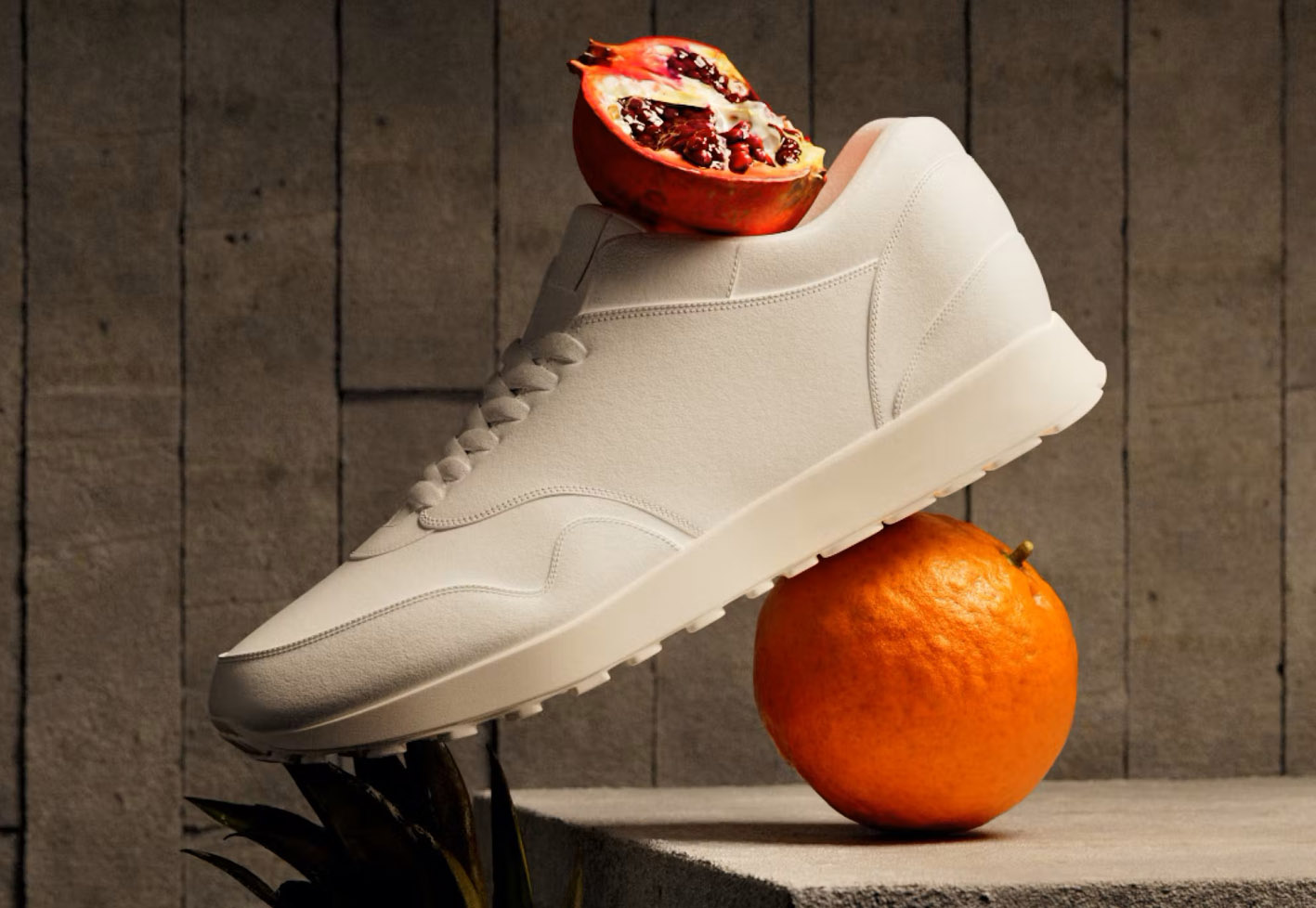
Designtex and Celliant launch upholstery fabrics range
Bio-assembled materials are produced by upcycling agro-industrial food waste.

16th March 2022
Innovation in Textiles
|
Madrid, Spain
Polybion, based in Madrid, Spain, is scaling up the production of its bacterial cellulose following the successful closing of a US$4.4 million Series A financing round led by Blue Horizon.
At maximum capacity, the solar-powered, industrial-scale bacterial cellulose plant will produce over an annual 100,000 square metres of Celium, the company’s proprietary biotextile.
“Scaling the production of Celium, a sustainable alternative to animal-based textiles and petroleum-derived synthetics, is a huge step on our mission to bring performance and possibility to 21st-century designers and materials engineers,” said Axel Gómez-Ortigoza, co-founder and CEO at Polybion. “Having Blue Horizon as a partner will allow us to scale new initiatives to build our brand and network.”
“Consumers, brands, and manufacturers are all seeking novel, sustainable materials and few other companies have moved as quickly as Polybion to scale its production of a completely circular material,” added Blue Horizon principal Tanmay Annachhatre.

Polybion was founded in 2015 by Mexican brothers Axel and Alexis Gómez-Ortigoza and Bárbara González Rolón. Together, they have developed the tools and technology to grow high-performance bio-assembled materials by upcycling agro-industrial food waste and harnessing living organisms such as bacteria. Leveraging waste as raw material and designing producing, and finishing products under the same roof is the aim.
Celium is the first in a series of new biomaterials Polybion plans to create. Produced from the most abundant and versatile material on Earth – cellulose – it is an animal-free leather substitute with unique, high-performance characteristics for fashion, sportswear and automotive applications. Polybion expects to reach the maximum production capacity of Celium by the third quarter of 2023 to fulfil current demand from global brands.
“Polybion’s Celium has resonated with forward-thinking, consumer brands across multiple sectors,” said Alexis Gómez-Ortigoza. “With our expanded manufacturing capabilities, we are enhancing the ability to work with some of the world’s most iconic global consumer brands while reducing carbon emissions and displacing the animal-derived leather value chain. Our goal is to enhance the development of bioassembled products, increase sustainability and accelerate the path towards the circular economy.”

Business intelligence for the fibre, textiles and apparel industries: technologies, innovations, markets, investments, trade policy, sourcing, strategy...
Find out more